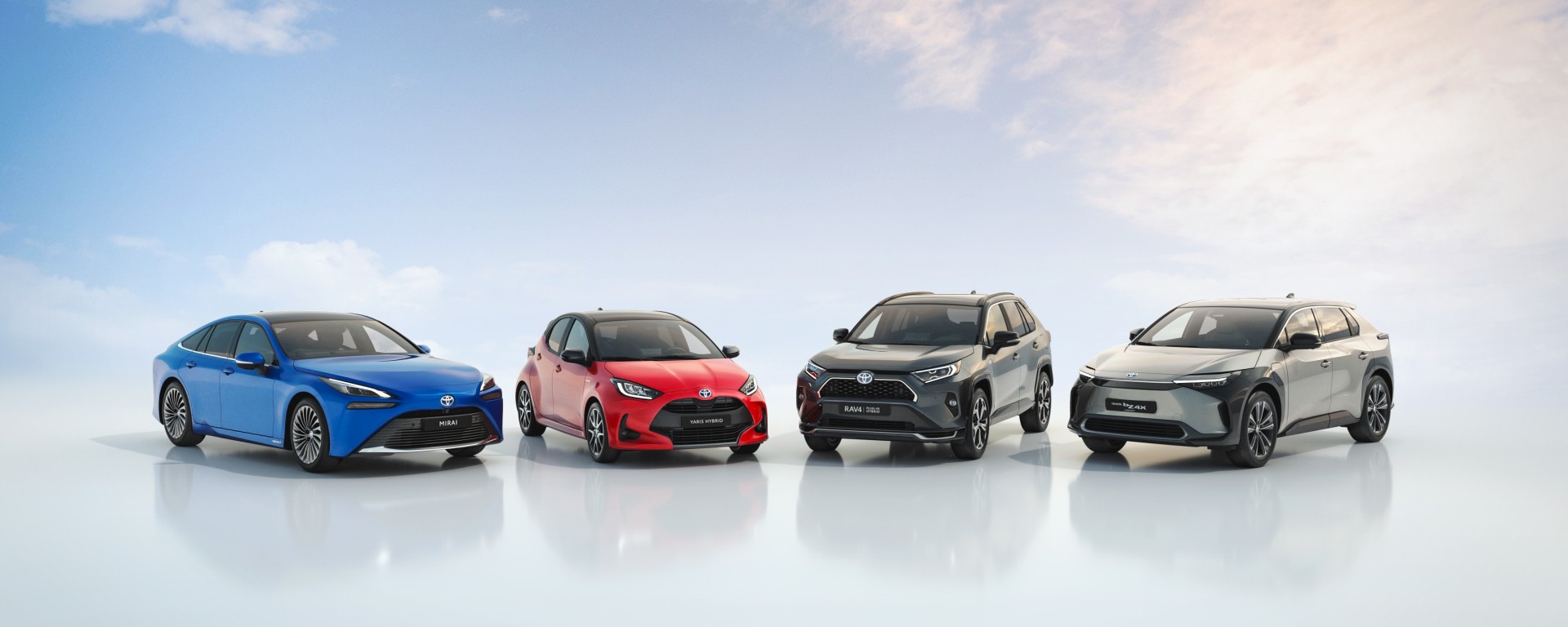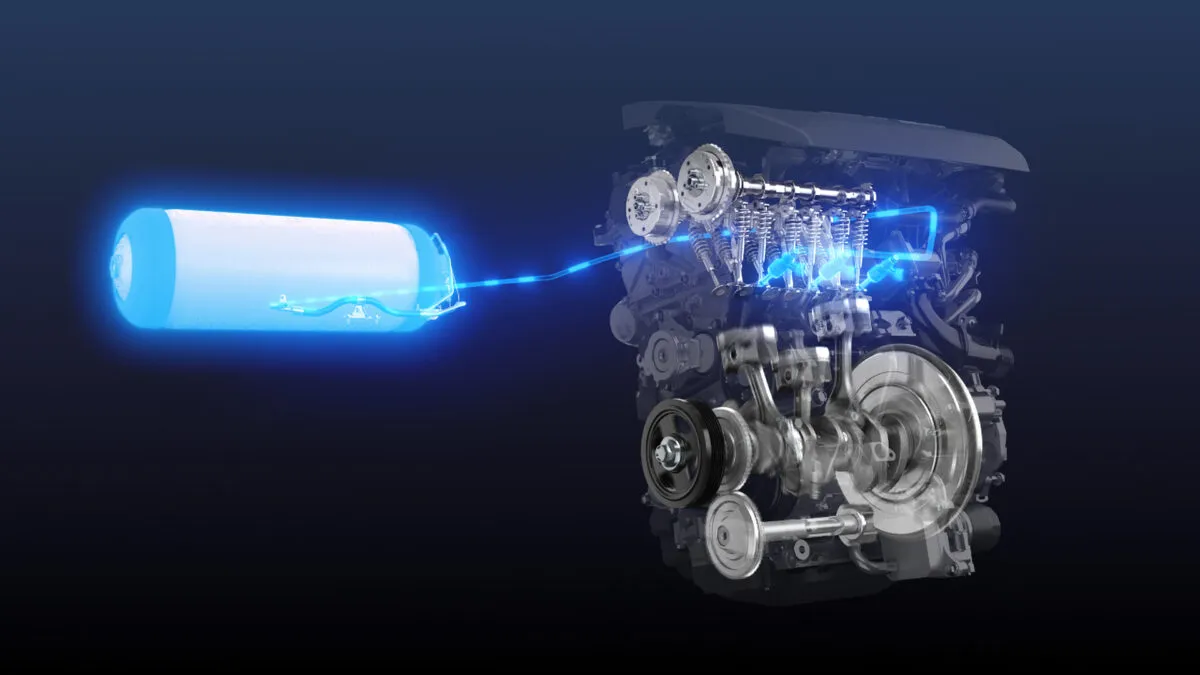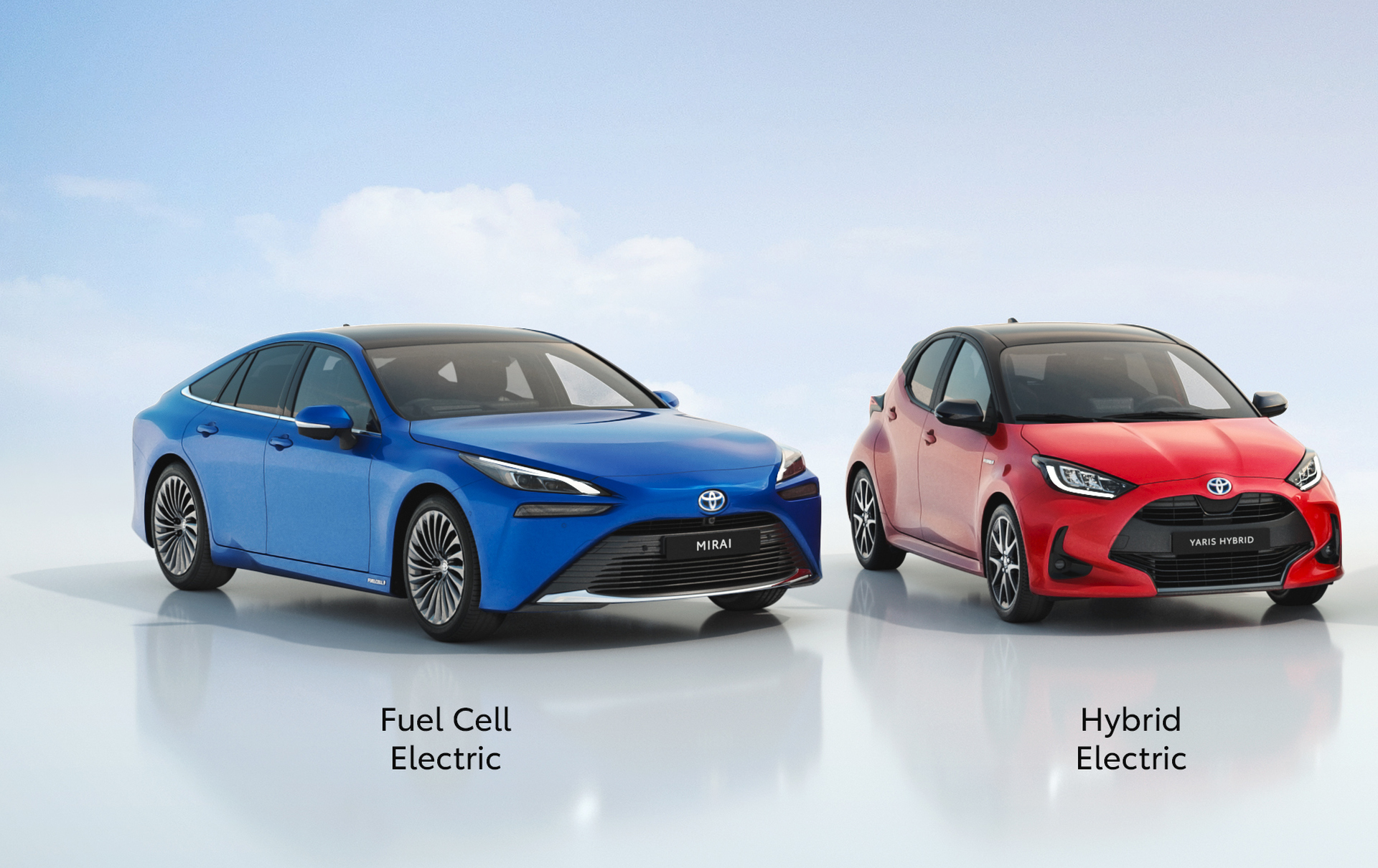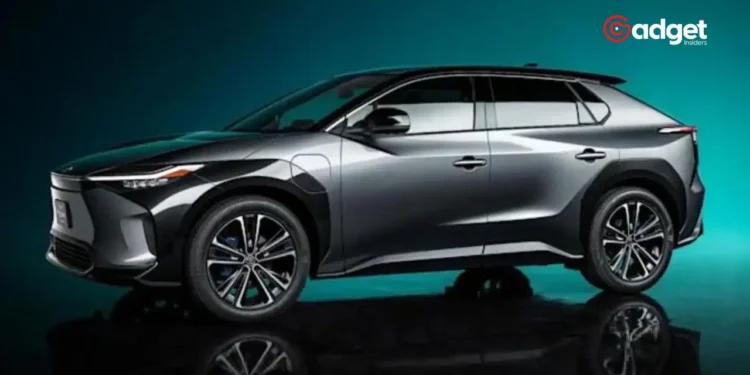In a bold move diverging from the industry’s heavy lean towards electric vehicles (EVs), Toyota has unveiled its latest innovation: new compact engines designed to run on a variety of carbon-neutral fuels. This development comes as part of Toyota’s broader strategy to maintain flexibility in a rapidly changing market and meet stringent global emissions standards.

Toyota Partners with Subaru and Mazda for Next-Gen Engines
During a recent media event highlighted by the presence of industry giants, Toyota, along with Subaru and Mazda, introduced their collaborative creation—next-generation engines. The lineup includes advanced 1.5-liter and 2.0-liter engines, which promise enhanced aerodynamics and fuel efficiency due to their reduced size and weight.
“The more compact engines allow for lower hood heights, which not only improves the vehicle’s aesthetics but also its aerodynamic performance,” Toyota announced in a joint statement. This design innovation leads to more streamlined vehicles and opens up new possibilities in automotive engineering.
Last year, the Toyota Prius 24h Le Mans Centennial GR Edition was showcased, a concept car that payed homage to Toyota's Le Mans program, and how it helped shape their pursuit for carbon neutral performance. pic.twitter.com/F3SxdB3X1e
— Motor Car Tidbits (@MotorCarTidbits) May 26, 2024
Engineered for Tomorrow: Compatibility with Carbon-Neutral Fuels
One of the most significant aspects of these engines is their ability to operate on various carbon-neutral fuels such as e-fuels, biofuels, and even liquid hydrogen. This flexibility is crucial as Toyota aims to future-proof its technology against evolving environmental policies, particularly with the looming “Euro 7” emissions standards in the European Union.

“By 2030, the EU is expected to implement stringent emissions regulations, culminating in a complete ban on CO2-emitting vehicles by 2035. Our engines are designed to be ahead of the curve, ready for the future energy landscape,” stated Hiroki Nakajima, Toyota’s Chief Technology Officer.
The Multi-Pathway Approach to Carbon Neutrality
Despite the surging popularity of EVs, Toyota’s strategy is not to put all its eggs in one basket. The company continues to invest in a diverse array of powertrain technologies, including hybrids and hydrogen fuel-cell vehicles.
Koji Sato, President and CEO of Toyota, emphasized the company’s commitment to diversity in powertrain technologies: “To provide our customers with diverse options for achieving carbon neutrality, we are enhancing our engine technologies to align with anticipated future energy scenarios.”

In the first quarter alone, comapny reported sales of approximately 2.4 million vehicles, with nearly 40% comprising petrol-electric hybrids. However, the company’s pure battery EVs accounted for less than 1% of its total sales in 2023, including those from its Lexus brand, underlining the complexity of the market’s transition to electric mobility.
Chairman Akio Toyoda has been vocal about his view that EVs will not dominate the market entirely. “Electric vehicles might capture up to 30% of the global market, but the remainder will likely consist of hybrids, hydrogen fuel-cell vehicles, and traditional fuel-burning vehicles,” company predicted.
As the automotive industry navigates through these transformative times, Toyota’s strategy highlights a pragmatic yet innovative approach to meeting the future’s diverse demands. This balanced path could very well set a precedent for how major automakers can provide multiple solutions in the quest for a sustainable automotive future.










